The holidays are an excellent time to get start teaching your kids to cook. Will it be messy? Maybe. Will it be a little hectic? Perhaps. By letting go of expectations of perfection, you will create lasting memories and lifelong skills to nourish their bodies and minds.
“Embrace the chaos,” says Deanna Cook, author of multiple children’s cookbooks, including Cooking Class (Storey, 2015), Baking Class (Storey, 2017) and her latest, Cooking Class Global Feast! (Storey, 2019). “Cooking is a hands-on, healthy activity that gets kids to turn off the screens and actively engage with food,” she says.
What age is ideal? Cook says as early as the high-chair stage. “I gave my kids flour to run their fingers through or a biscuit to pat down,” she says. “Work up slowly with sensory lessons, such as smelling herbs, rinsing vegetables and pushing the button on the salad spinner.”
By the time children have a little more dexterity, say around ages 4 to 6, teach them how to use kitchen tools like a pizza cutter or kid-friendly scissors to snip herbs. As they get older, they can use the food processor and mixer to scale up their knowledge and comfort level.
Make Your Kitchen A Holiday Culinary Classroom
Teaching your kids to cook over the holidays will be a cherished memory. “My favorite memories are cooking with my grandmother or helping my mother get the food ready for a party,” Cook says. The experience moves the emphasis away from gift-getting to the gift of hospitality, whether it’s cooking something for a teacher or preparing a recipe and serving it to guests. “For instance, kids can make hummus with a vegetable platter to welcome their guests when they arrive,” Cook says. “It’s an opportunity to learn social skills and kindness by being hospitable.”
The holidays are also a time to teach your children about family lore and traditions that hark back to your family’s ancestral roots. Call a relative and ask about their own holiday food memories from childhood, or trace back the family tree and create recipes that might have been served in a far-off land.
Science, History And Math In The Kitchen
The kitchen also provides endless opportunities to teach about food history, culture, writing, science and math. Start by giving each child in your family a notebook to use to collect recipes, make shopping lists, jot down notes and first impressions about a food or recipe, and draw pictures of favorite foods. Many years from now, this will be a treasured keepsake to see how far they have progressed.
By thinking of your kitchen as a laboratory, lessons in science and math aren’t far behind. Baking is a wonderland of chemical reactions of fats, liquids, acids, leaveners and emulsifiers that turn ingredients into irresistible treats. When a recipe’s serving size needs to be cut in half or doubled, math is essential. Cook suggests giving older children $20 and a list of needed items at the grocery store, so they can budget and calculate costs.
Lastly, use this time to teach your children that recipes may not always go as planned, which is perfectly OK. Use your time together to enjoy one another’s company and not criticize or judge what is on the table. As Julia Child once said, “No matter what happens in the kitchen, never apologize.”
Teaching Kids to Cook at Different Ages
Learning to cook is like soccer or piano—it takes time and effort—so start young. Here are some tips from Deanna Cook.
Ages 2-5: Toddlers & Preschoolers
Little kids love tactile tasks like stirring, dumping ingredients in a bowl, kneading and rinsing vegetables in the sink (even a toy kitchen sink).
Ages 6-8: Young Chef
Kids in elementary school can follow simple instructions, measure ingredients, grease and flour pans, crack eggs, whisk, and make fun faces and art with food. Stay by their side to be sure they are on top of a recipe, and step in if they go off track.
Ages 9-12: Tweens
Older kids have the attention span and patience to cook tonight’s dinner or tackle a longer baking project. Give them as much independence as you can, but stay nearby in case they can’t understand a step and need a reminder to turn off the oven and clean up the kitchen.
Start simple with these Crispy Cheese Squares.

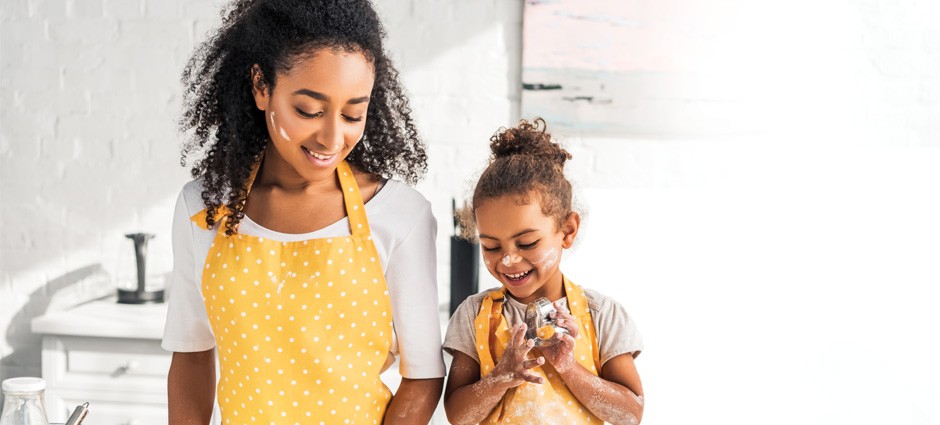
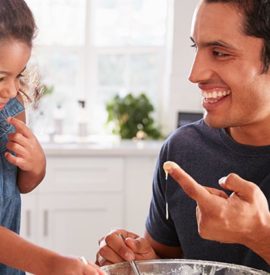
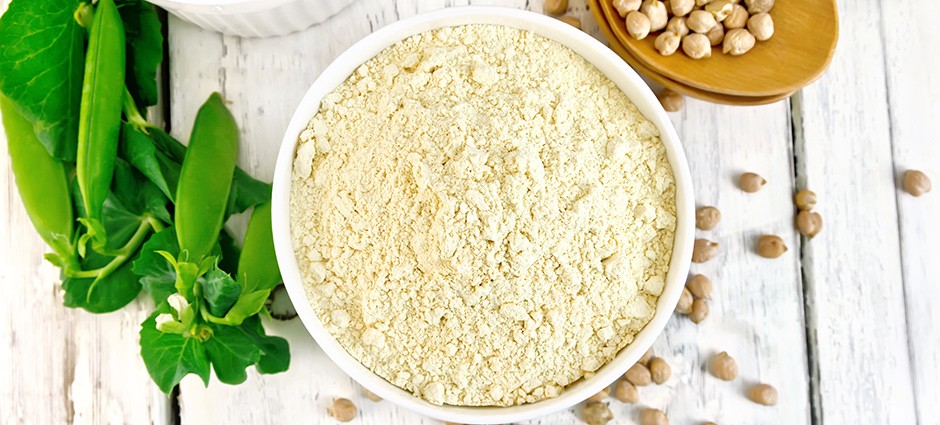

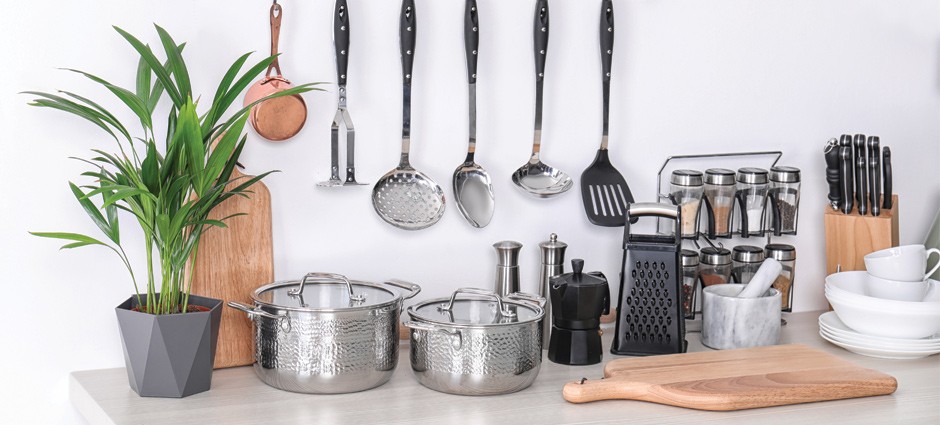
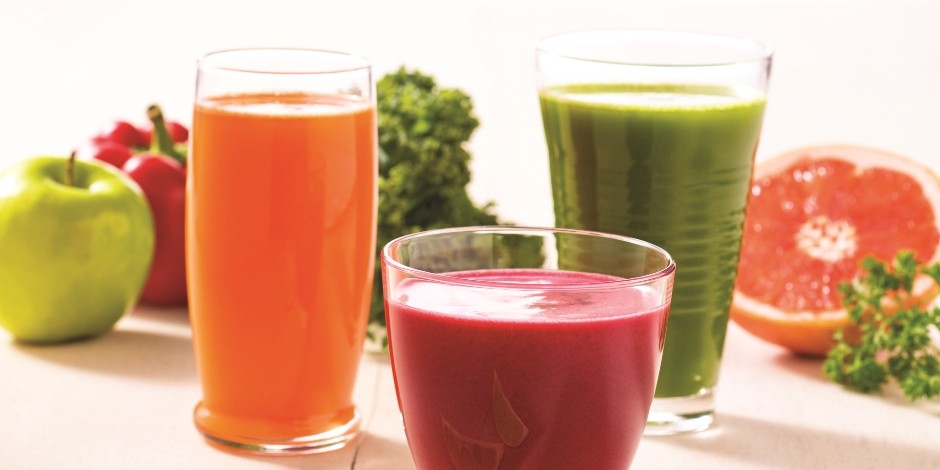
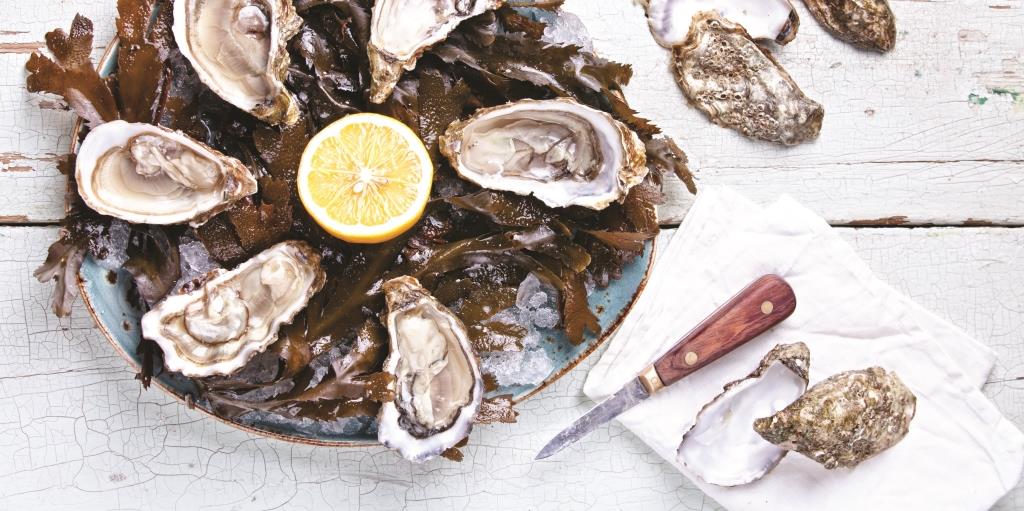

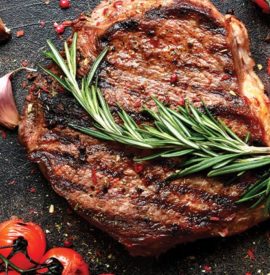
Comments